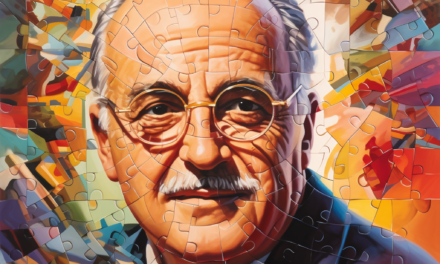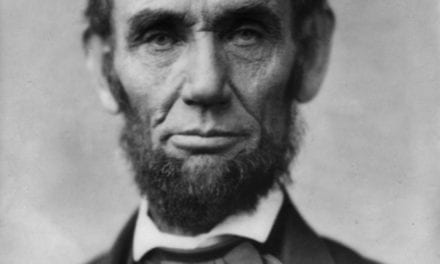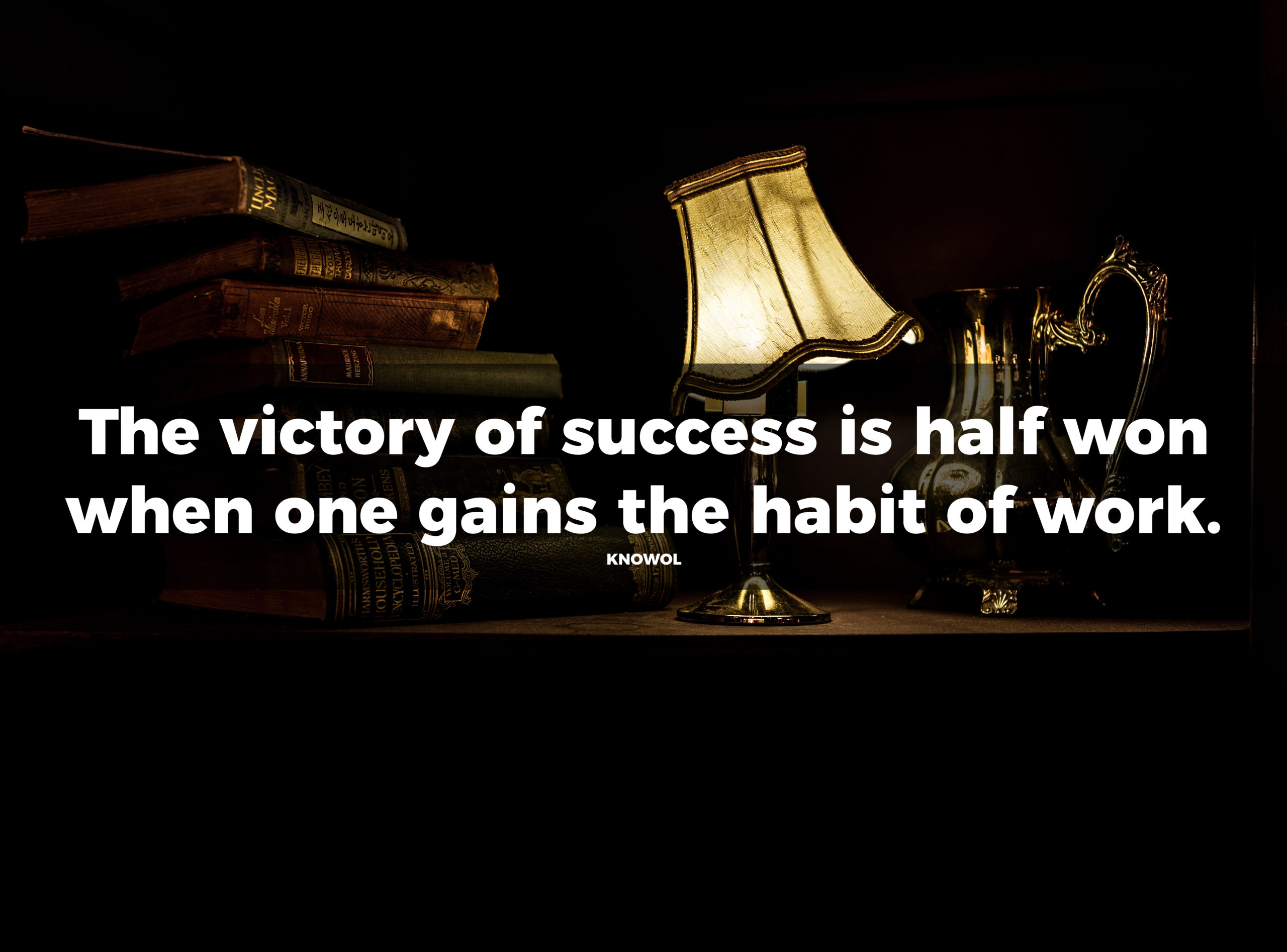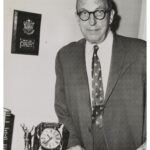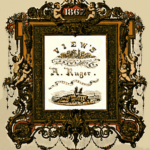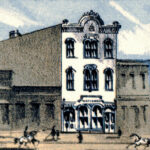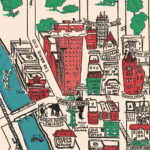One morning, a short time ago, a distinguished professional gentleman was in a horsecar, on his way to his office in Boston.
His little daughter, nine years old, was seated by his side. A newsboy soon brought into the car the morning papers, one of which the gentleman bought for himself, and, on the petition of the little girl, one for her too.
The child became much interested in reading the name of the paper, the date, and then some of the advertisements. Soon her eye fell upon the word “mortgage,” the meaning of which she did not know. In her anxiety to find out, she immeditaely turned to her father, and said, in a most winning way,
“Papa, what does mortgage mean?” Now, her father was in the midst of reading an interesting article upon a subject which was of great importance to him; but at the sound of the sweet little voice asking for information, he dropped his paper, withdrew his mind instantly from the deep thought of the article which had claimed his attention, and spent some little time in giving to her a clear, simple talk upon the subject of mortgages, illustrating it in a way adapted to a child’s capacity. The little girl intelligently drank in all that he said, and when the question seemed to be answered satisfactorily, the gentleman took up his paper and returned to his reading.
His mind was so disciplined that such an interruption could not hinder him from returning immediately to the deep and interesting thought which he had left. His nature was so well balanced that, with all his strong desire for learning, he could not think those moments wasted which had been spent in a loving and intelligent conversation with a little child who was hungry to learn.
On their arrival in Boston, he stopped on the way to his office to point out to her the place where Benjamin Franklin was born (where the Boston Post building now stands), and promised that on his return home at night he would tell her all about him.
On reaching his office, they met a lady who had promised to enjoy with the little girl a few hours’ visit at the Art Museum before she should take her back to her home in the afternoon. So they separated; the child going to her interesting pleasure and the father to his professional business, at which he had a busy, successful day.
On his return home at night he was surprised to find such a general interest manifested by all the members of the family in the subject of mortgages. He immediately surmised that his little daughter had been entertaining them with the knowledge which she had gained in the morning. He was soon assured of this when his little six-year-old boy asked him if he couldn’t go in the morning in the horse-car with him, and have a newspaper all by himself, and have dad, tell him, too, all about mortgages!
In the meanwhile the little girl had not forgotten her father’s promise that when he should return home at night he would tell her about Benjamin Franklin. So, after supper, when he was seated in his easy chair, she climbed upon one knee, while the little brother took possession of the other, and they eagerly listened to the story of Benjamin Franklin as it fell from their papa’s lips.
They thought that they could listen all night to such a delightful story, but the father knew that when the little lids began to droop it was time to end with his customary goodnight.
So the talk was ended, and the children went off to bed happier and wiser for having such a father, the learning and public fame of whom they never dreamed. They only knew that he could tell them beautiful stories on every thing that they asked about. And this learned man found perfect rest for his mind, which was tired with the deep and intricate law questions of his day’s work, in telling this simple story to his children; and he knew that in no other way could he so vitally unite himself to their little, growing minds.
A few mornings later another professional gentleman was crossing a ferry on the way to his place of business in the same city.
His restless little boy, nearly ten years old, had accompanied him for the purpose of having a ride, over and back, on the ferry-boat, “to while away the time,” as his mother had said.
As the boy was looking over the harbor, his bright eyes caught sight of a vessel with a peculiar looking flag attached to it, which so attracted his attention, that he turned to his father and said, “Oh, papa, what kind of a flag is that?” The father was so deeply engrossed in his morning paper that he had no time nor inclination to talk with his boy then, so he answered him with “Don’t trouble me now,” and the little fellow was left to surmise as best he could about the flag, and indeed, to wonder all about the whole harbor with all that it contained, so fruitful of knowledge to the growing, active mind of a young boy.
After they had crossed the ferry the father separated from his son, with the wish that he would be a good boy and go directly home. He had read his paper, and perhaps added to his knowledge, and afterward the day brought to him business success; but he did not realize that one of the great opportunities of developing that perfect sympathy between father and son – which adds so much to the man as well as to the boy – was gone forever.
On his way back the little fellow hungered again to know about the ocean and the vessels upon it. Any guidance of thought in that direction, which his father might have given him in the ten minutes’ ride across the ferry, would have been food all the rest of the day, both for him and for the little playfellows with whom he might have played; but for the want of such a guidance he went home with a little mind no wiser for his journey; he found that his mother had gone away for the day, and for want of anything special to do or think about, he entered into various kinds of mischief which did not add to his well-being.
When the father arrived home at night, his mind was so wearied from the strain upon it of his professional duties that he felt that he could not attend to his little son more than to wish him a good-night, with the hope that he had been a good boy all the day. So he shut himself up in his study to rest, as he thought, and the little fellow went to bed with a hungry mind, wondering, among other things, what kind of a flag that was on that vessel.
And yet that gifted man loved his boy, in his way, and worked hard to give him all the comforts and even the luxuries which had been denied to himself in his youth; but he failed to see that by not coming into a sympathetic personal contact with the growing soul of his boy, day by day, he was robbing him of that which no future legacy of his money or fame could atone for, while at the same time he was robbing himself of that gentle kindliness, that charm, which arises from the development of sympathy with the human spirit in all its phases.
A careful reading of this striking contrast between two fathers equally gifted in legal learning and success, teaches its own lessons on the subtle realm of cause and effect. Whose influence, on the whole, was the most far-reaching and fruitful?
Elizabeth P. Gould, in Christian Union



